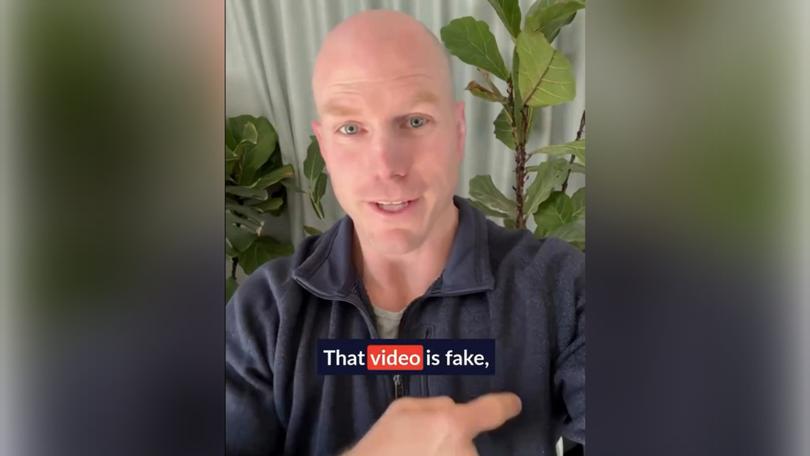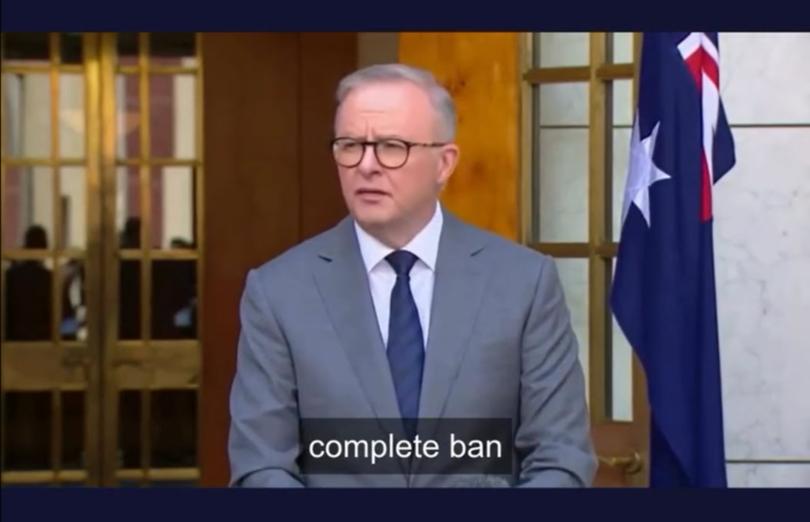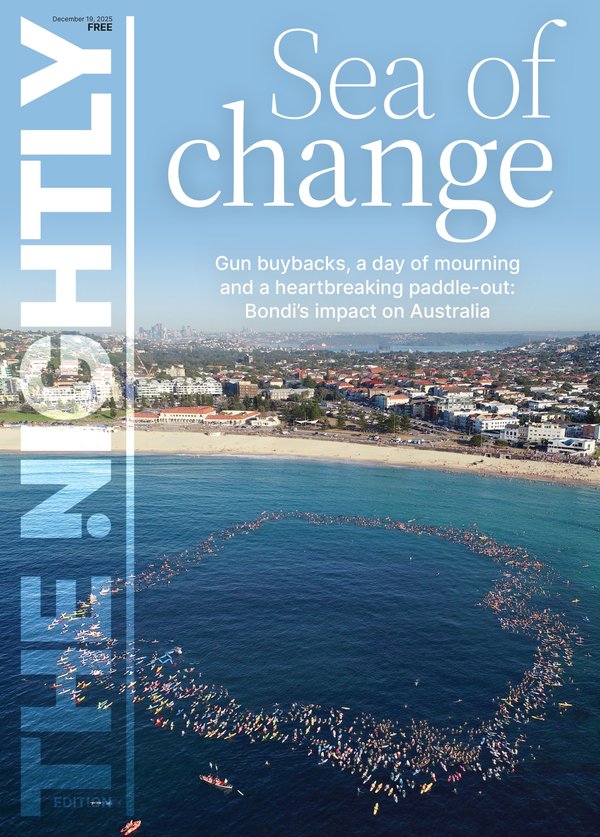Federal election 2025: Government confirms no ban yet on AI deepfakes or false advertising

Voters could be duped by deepfakes and AI-led false advertising in next year’s Federal election campaign, after the Government confirmed new protections would not be enacted in time.
Independent senator David Pocock demonstrated the risks on Saturday, posting fake videos of Prime Minister Anthony Albanese and Opposition Leader Peter Dutton appearing to give press conferences announcing and backing a full ban on gambling ads — to make a point about the need for stronger electoral laws.
“I can believe what I’ve just seen,” Senator Pocock says in the social media posts, before running the videos then revealing they are fake.
Sign up to The Nightly's newsletters.
Get the first look at the digital newspaper, curated daily stories and breaking headlines delivered to your inbox.
By continuing you agree to our Terms and Privacy Policy.“That video is fake and there are currently no laws against making videos like that and I’m concerned we’re not seeing the urgency required to protect our democracy from generative AI.”

Special Minister of State Don Farrell remains hopeful of putting an overhaul of the rules for election funding, donations and truth in advertising before Parliament within weeks, but he is holding out for a cross-party deal.
He told The Nightly in an exclusive interview there would be nothing in the legislation that would deal with the issue of campaigns using deepfake photos, audio or videos, or other material generated by artificial intelligence.
“There’s going to be a couple of aspects to the legislation. None of them would deal specifically with that question,” he said.
“The (Australian Electoral Commission) themselves are looking at those issues as to how they might approach the next election.”
Electoral Commissioner Tom Rogers and his deputy have both previously spoken about their concerns about the use of realistic-looking fake material to trick voters, and the AEC’s limited resources to deal with that possibility.
Some examples of the type of material that could cause problems have cropped up during international elections, although not as often as experts feared.
One video in India purportedly showed celebrity Muthuvel Karunanidhi endorsing his friend’s political tilt earlier this year — only he died in 2018.
In the UK, a fake audio clip supposedly of a Labour politician abusing someone on the street did the rounds on social media.
Industry Minister Ed Husic this week put voluntary AI safety standards in place and started consultation on mandatory regulations that will require developers using AI in “high-risk” settings to take steps that make sure their systems perform as intended and that there is transparency for users, and human oversight.
But it is not clear whether those new rules will be in place in time for an election in the first part of next year.
Last month the Government criminalised the sharing of deepfake pornography, with jail terms for people who breach the ban.
The electoral laws are expected to cap donations and campaign expenditure, demand more timely transparency about money given to candidates, and potentially bring in truth in advertising rules.
Senator Farrell has been in discussions with the Coalition, Greens and other crossbenchers for much of the year over the mammoth piece of legislation.
“I can’t say that I’ve got a deal yet, but I’m hoping that when I bring this legislation forward — hopefully it’ll be next week — that all of the parties can see the benefit of taking big money out of the electoral system, making it more transparent and making it more accountable,” he said.
“We can’t have a situation where it’s only rich people or people who are supported by rich people who can afford to run in Australian politics, and we’re heading that way.
“So my job is to try and convince the rest of the Parliament that we’ve got a once-in-a-generation opportunity to improve the transparency, improve the accountability, and limit the amount of money people can spend on elections.”

